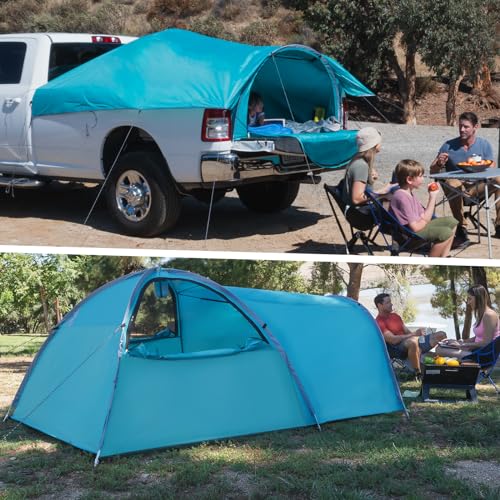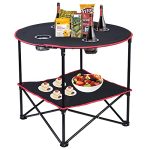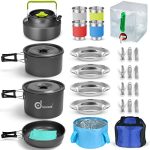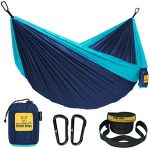There’s something special about gathering friends and family for a group camping adventure. The laughter around the campfire, the shared stories under the stars, and the thrill of exploring nature together can create unforgettable memories. Whether you’re hiking through a scenic trail or roasting marshmallows for s’mores, group camping offers a unique opportunity to bond with those you love while surrounded by the great outdoors.
However, the key to making your camping trip enjoyable is organization. A well-planned approach helps everyone feel included and ensures that things run smoothly from start to finish. With just a little preparation, you can avoid common pitfalls like logistical chaos and food mishaps. So gather your crew, roll up your sleeves, and get ready to dive into our 8 essential tips for stress-free group camping fun! Your adventure awaits!










Choosing the Right Tent
Selecting the right tent is crucial for a successful group camping experience, and investing in a spacious 12-person tent can make all the difference. Not only does it provide ample room for everyone to sleep comfortably, but it also creates a communal space where friends can gather during inclement weather or relax after a day of adventure. Picture this: instead of crowding around a fire pit to escape rain, your group can spread out within the tent—playing games, sharing stories, or cooking meals on portable stoves without feeling cramped. A larger tent fosters connection and keeps spirits high even when Mother Nature has other plans.
When choosing materials and features for your tent, it’s important to consider durability and functionality. Look for tents made from weather-resistant fabrics like ripstop nylon or silicone-coated polyester that will withstand wind and rain without leaking. A solid frame construction with good-quality poles adds stability, ensuring the tent remains secure against unexpected gusts. Additionally, features such as multiple entrances and vestibules can make accessing gear easier—especially when you’re sharing space with others—and pockets help keep personal items organized. Remember to prioritize easy setup; many manufacturers now offer color-coded poles or instant pop-up options that save time and hassle when you reach your campsite.
Lastly, proper ventilation is key to maintaining comfort inside your tent while protecting against condensation build-up. Tents with mesh panels provide excellent airflow while keeping bugs at bay, making sleeping more pleasant in warmer conditions. To enhance air circulation further, look for models that include multiple vents or windows that allow cross-breezes. Moreover, ensure the rainfly extends adequately over vents so water doesn’t seep in during rainy nights yet still allows enough fresh air during sunny days. With these essentials addressed, you’ll set the stage for an enjoyable camping adventure filled with laughter and camaraderie!
Meal Planning Made Easy
When it comes to group camping, meal planning can be a breeze with a little organization. Start by creating a group meal schedule that designates who is responsible for each meal during your trip. For instance, if you’re camping for three nights, brainstorm a rotating system where everyone contributes dinner over those nights; perhaps one person does the first night, then shifts to breakfast or lunch on another day. This not only distributes responsibility but also lets everyone showcase their culinary skills while sampling diverse dishes!
In terms of menu ideas, consider simple meals that bring everyone together without much fuss. Campfire favorites like foil packet dinners are perfect—just toss in some seasoned veggies and protein (think chicken or fish), wrap it all up tightly in aluminum foil, and let them sizzle by the fire. Breakfast burritos are another hit; prepare scrambled eggs and assorted fillings ahead of time, so each camper can customize their wrap fresh off the griddle at camp. Not only do these meals please a crowd, but they also require minimal cleanup—a huge plus after a long day of hiking and outdoor fun.
Don’t forget to share cooking supplies and tools among campers! Before the trip, coordinate what everyone will bring to ensure you have essential items like pots, pans, utensils, and plates covered without duplicates weighing down the packs. One person could handle dishware while someone else brings various seasonings or snacks. Creating a communal cooking kit makes everything streamlined; just think of how easy it is when you’re packing only one set of must-have items instead of five different frying pans! Additionally, this promotes teamwork as everyone can contribute directly to preparing hearty meals under the stars.
By following these straightforward strategies for group meal planning—designing an inclusive schedule, opting for simple yet delicious recipes, and sharing essential cooking gear—you can turn what might seem daunting into a smooth and enjoyable experience. So gather around the campfire with friends new and old; together you’ll create memories filled with laughter and flavors that linger long after the last embers fade away.










Gear Sharing Essentials
When heading out for a group camping trip, one of the most effective strategies for ensuring smooth sailing is to create a communal gear inventory list. This proactive approach allows everyone in the group to see what equipment has been secured already and what still needs to be sourced. A shared document or app can work wonders here—every camper can access it easily and add their own essentials. Items like tents, sleeping bags, cooking supplies, and first aid kits should be included to avoid any last-minute scrambling. Not only does this method help prevent duplication, but it also ensures that no crucial gear gets left behind.
Dividing responsibilities among campers is key to making sure that carrying equipment doesn’t feel overwhelming. Assign specific items or categories of gear to individuals—perhaps someone carries the cooking supplies while another handles sleeping arrangements. If you’re camping with friends who have large vehicles or roof racks, consider pooling everything into one car rather than spreading the load across multiple cars; this cuts down on transport confusion and makes packing up easier at trailside. Make use of each person’s strengths as well; if someone is particularly strong or physically capable, maybe they take on heavier equipment like propane tanks or large coolers.
Packing shared items efficiently can also enhance the ease of your adventure. Use reusable storage bins instead of loose bags whenever possible—this creates a sense of organization and keeps things tidy during transit. Utilize packing cubes for smaller items so they’re easy to locate when you’re set up at your campsite. Position heavy items at the bottom and distribute weight evenly if you’re loading them into backpacks or vehicles; a good balance makes travel safer and more comfortable for everyone involved. Encouraging organization within your group from the get-go fosters teamwork and gives everyone peace of mind knowing their contributions align with everyone else’s efforts toward having an amazing camping experience!
Sleeping Arrangements that Work
When it comes to group camping, creating a comfortable sleeping arrangement in your tent is crucial for a restorative night’s sleep. First and foremost, consider the layout of your tent. If you’re using a spacious 12-person tent, try to establish designated areas for small clusters of friends or family members based on personality types. For example, set up quiet zones for those who prefer early nights and designate separate corners for those who might want to stay up chatting just a little longer. Using air mattresses can also help elevate comfort levels and ensure that everyone has the space they need without disturbing others as they settle in for the night.
In addition to layout considerations, privacy is often essential in a shared camping environment. You might not have enough room or resources to create full partitions, but simple solutions can work wonders. For instance, hanging lightweight curtains or sheets from the ceiling of the tent can provide a sense of privacy while still allowing ventilation. If possible, use gear like tall backpacks or coolers to create natural dividers between sleeping quarters. By respecting each other’s need for personal space, you enhance everyone’s overall camping experience.
Moreover, being mindful of individual sleep habits is vital in maintaining group harmony at night. Some campers may be light sleepers and easily disturbed by snorers or late-night chatters—so maintain open communication about personal preferences during the trip prep. Encourage group conversations about bedtimes; perhaps some could retire earlier to rise refreshed for an adventurous hiking trail in the morning while others can enjoy nighttime stargazing close by with minimal disruption. Taking into account these differences will foster a more enjoyable atmosphere where everyone feels respected and understood.
Ultimately, thoughtful sleeping arrangements are key components to making sure each camper gets quality rest amid the great outdoors’ excitement—and that’s what creates lasting memories worth cherishing!










Group Activities to Enhance Bonding
When you embark on a group camping adventure, it’s essential to engage in activities that bring everyone closer together while creating lasting memories. One fantastic way to achieve this is by incorporating fun games and activities suitable for all ages. From classic campfire favorites like storytelling and singing songs to active games like capture the flag or scavenger hunts, there’s something for everyone. Consider organizing relay races or team-building exercises that encourage participation from kids and adults alike; these activities not only foster teamwork but also build camaraderie within your group.
Crafting a balanced schedule can be instrumental in ensuring that everyone finds joy during the trip. While planned activities are important, incorporating moments of relaxation is equally vital. Perhaps slotting in time for quiet hikes or simply unwinding at the campsite with a good book allows campers to recharge. Engaging everyone in a friendly discussion about what they’d prefer to do each day can help tailor the experience so everyone remains excited and involved, making it more likely that participants will look forward to camping trips in the future.
Don’t forget about setting a “quiet time” policy—this is particularly important for those who may want some downtime after full days of activity. Establishing designated hours when noise should be kept to a minimum allows individuals who need peace for rest, reading, or meditation to feel comfortable doing so without disturbance. Demonstrating respect for one another’s space promotes a supportive environment where every camper feels valued and appreciated, making your group outing even more enjoyable!
With thoughtful planning around bonding activities, along with ample opportunity for relaxation and personal reflection, your group camping experience will undoubtedly become a highlight of everyone’s year! Create those unforgettable moments under the stars by engaging everyone in both lively interaction and tranquil serenity; it’s all about balance!
Communication is Key
When embarking on a group camping adventure, clear communication can make a world of difference in ensuring everything runs smoothly. Before the trip even begins, it’s helpful to set up a dedicated group chat platform, such as WhatsApp or GroupMe. This allows everyone in the group to stay informed about vital details like departure times, meal plans, and gear checklists. Plus, it’s an ideal way to share excitement leading up to the trip! You might even create fun polls for cooking preferences or activity suggestions—letting everyone have their say can build anticipation and camaraderie.
Designating point people for different aspects of the trip is another excellent strategy to streamline communication. For instance, you might assign someone as the “food coordinator” who will manage meal planning and grocery shopping while another camper could be the “activity planner,” responsible for organizing games and hikes. This division of responsibilities not only lightens everyone’s load but also fosters teamwork; after all, when roles are clearly defined, messages can flow more efficiently throughout the group without causing confusion or overlap.
Once you’re out in nature and enjoying your time together, don’t forget the importance of effective check-ins during your camping experience. Schedule periodic meetings—perhaps around campfire meals or over morning coffee—to discuss any issues that may arise or adjust plans according to weather conditions or general group mood. These casual catch-ups provide opportunities for parents with kids at camp to ensure safety while keeping everyone engaged with proposed activities. Open lines of communication allow for quick problem-solving and help reinforce that sense of community essential for a great camping experience.
With these strategies in hand, both pre-trip planning and on-site coordination can become seamless processes that enhance enjoyment instead of causing stress. Embrace open dialogue within your camping crew; you’ll find that good communication keeps everyone united in purpose—and adds even more fun to your outdoor excursions!










Leave No Trace: Respecting Nature Together
When embarking on a group camping adventure, one of the most important principles to uphold is “Leave No Trace” (LNT). This set of guidelines emphasizes responsible outdoor ethics that help protect and preserve our natural environments for future generations. Before you hit the trails or set up camp, take some time together as a group to discuss the LNT principles. You might even consider creating a fun poster illustrating each principle so everyone will be reminded during your trip. Not only does this foster a greater awareness among campers, but it also strengthens your connection with nature and camaraderie within the group.
Among the critical components of LNT is effective cleanup and waste disposal. Assign specific roles within your group to ensure that everyone contributes to keeping the area pristine. For instance, designate one person to handle trash collection throughout the day while another can focus on food scraps by composting or properly disposing of them in bear-proof containers if available. Having these responsibilities clearly defined can make cleanup feel less daunting and encourage participation from all group members. Plus, you’ll no doubt end up sharing a few laughs along the way; nothing like having a “clean-up captain” sporting a funny hat!
Encouraging responsible behavior among all campers starts with setting expectations beforehand and leading by example once you arrive at the campsite. Create moments where everyone can openly share their experiences or reminders about respecting flora and fauna—whether it’s reminding someone not to pick wildflowers or ensuring that they don’t stray off marked trails when nature calls. If someone sees another camper not following LNT principles, promote an environment where they can kindly remind each other without judgment. After all, camping is about bonding; why not bond over doing something great for our planet too?
By embedding Leave No Trace principles into your group’s DNA during your camping experience, you’ll leave with amazing memories—and equally importantly—a minimal impact on Mother Nature! Embracing these values together cultivates respect not just for your immediate surroundings but also for one another, as you work in unity to ensure all participants walk away feeling enriched by their time spent outdoors.
Wrapping Up Your Group Camping Adventure
In summary, successful group camping hinges on careful planning and teamwork. By choosing the right tent, organizing meals, sharing gear, and managing sleeping arrangements, you can set the stage for an enjoyable experience. Don’t forget to incorporate fun activities and keep communication open to strengthen bonds within your group. Also, remember to practice Leave No Trace principles to preserve nature for future adventures.
Ultimately, the goal is to create lasting memories with friends or family while enjoying the great outdoors. Embrace the quirks that come with group dynamics and focus on making every moment count. Happy camping!


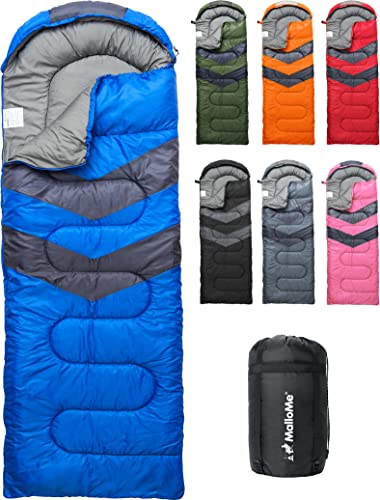
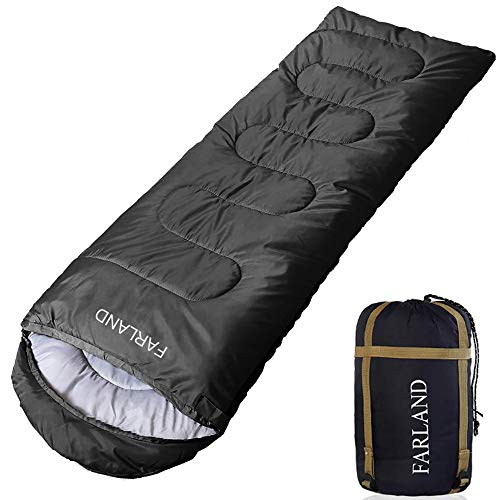

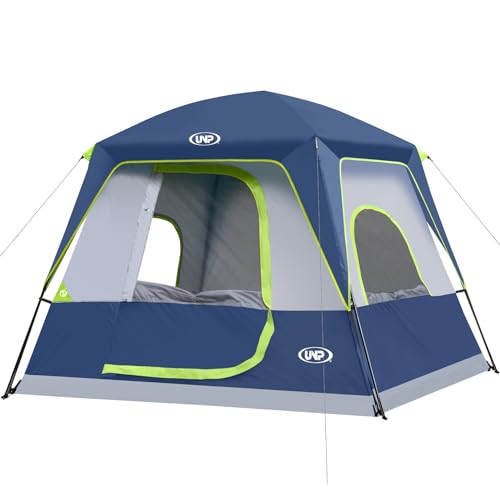
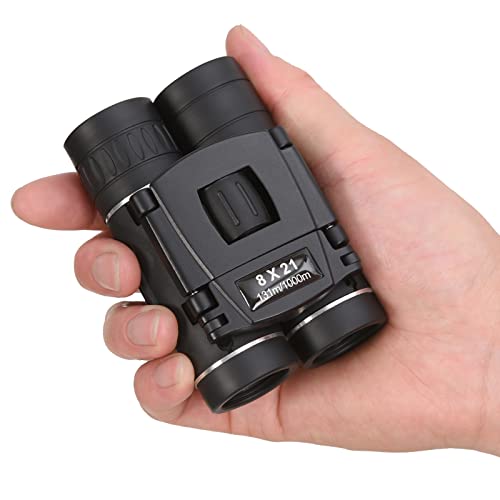
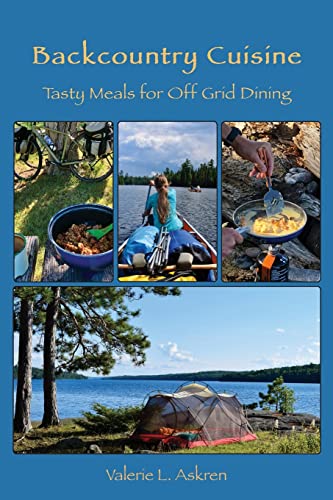
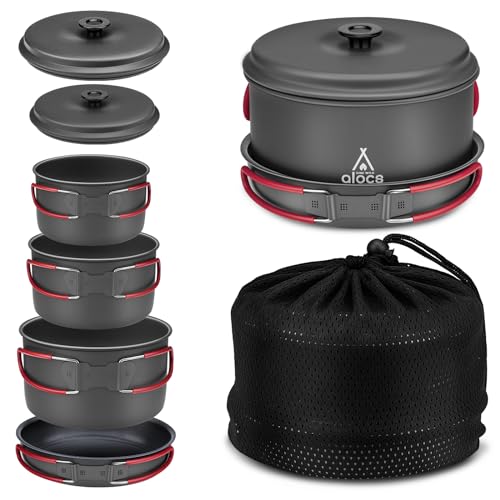
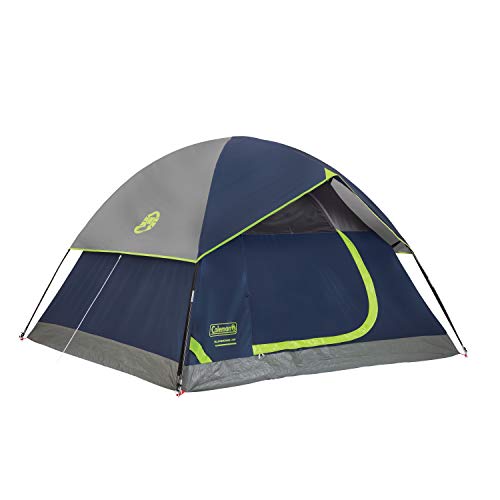
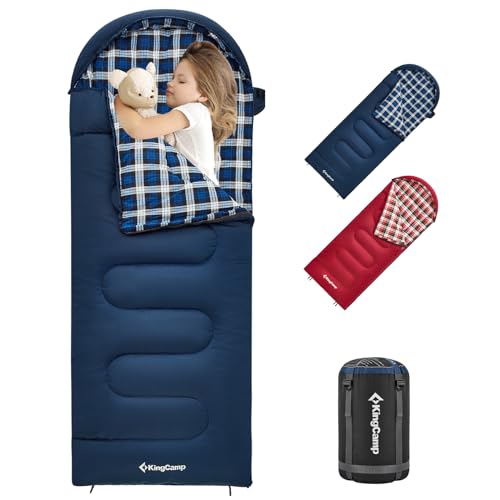

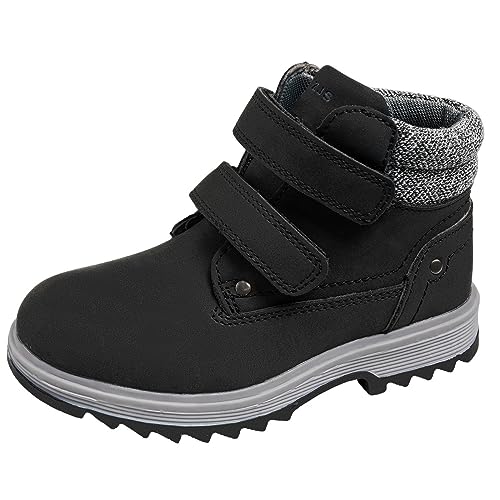
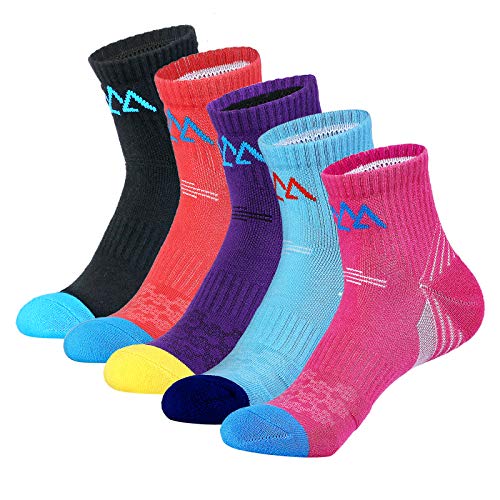

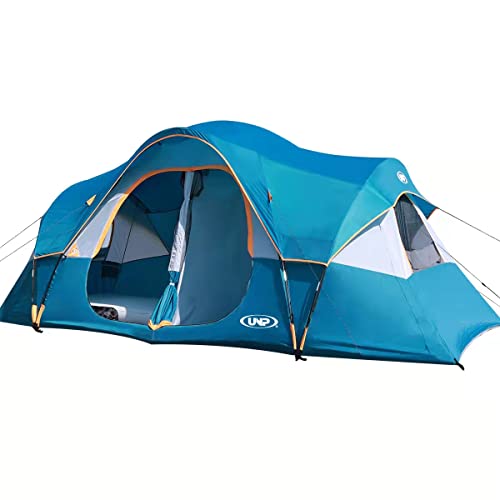
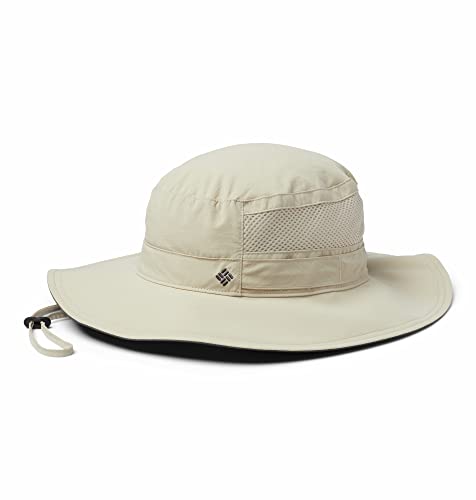
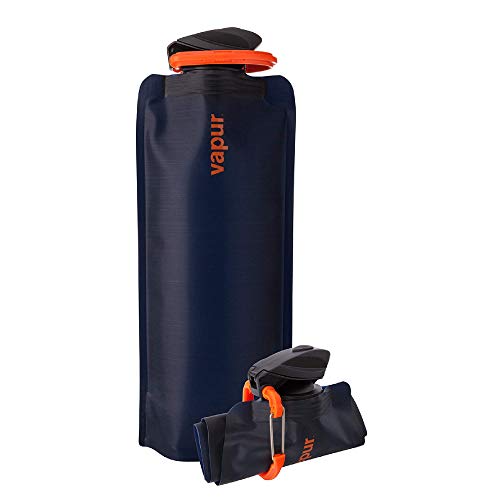
![Feast by Firelight: Simple Recipes for Camping, Cabins, and the Great Outdoors [A Cookbook]](https://outdoortrailtrek.com/wp-content/uploads/2024/09/feastbyfirelightsimplerecipesforcampingcabinsandthegreat.jpg)
